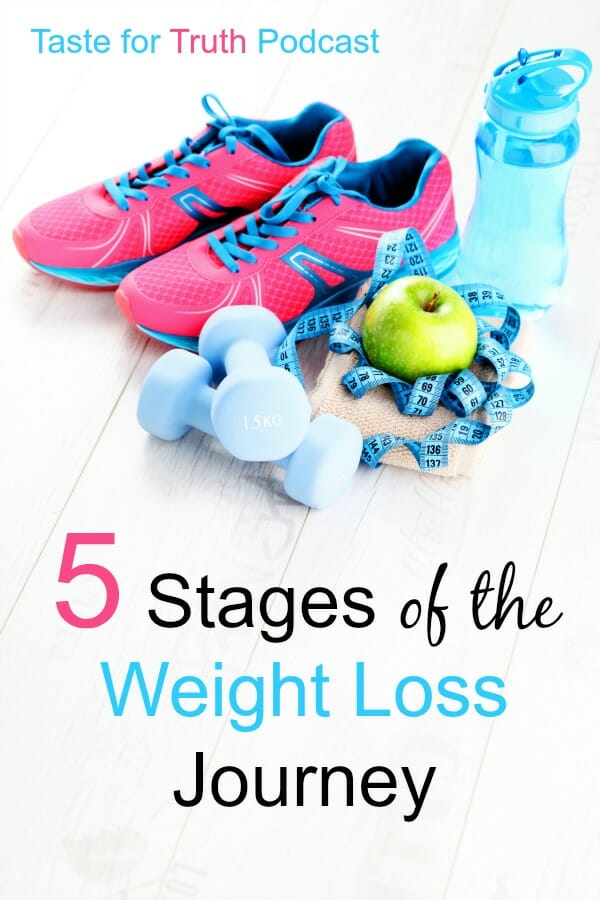Embracing a Weight Loss Journey Beyond Dieting: 5 Transformative Strategies for a Healthier You

If you’ve been stuck in the cycle of dieting, only to find yourself reverting to old habits and regaining the weight you worked so hard to lose, you’re not alone. The all-too-familiar restrict-binge cycle can be frustrating and disheartening, leaving you wondering if a healthier relationship with food and your body is even possible. The good news is that it is, and it starts by shifting your focus away from dieting and toward more holistic approaches to weight management.
In this article, we’ll explore five powerful ways to manage your weight without dieting. These strategies are designed to help you cultivate a more balanced and compassionate relationship with food and your body, setting you up for long-term success and overall well-being.
- Tune in to Your Hunger and Fullness Cues
If you’re like most people, you’ve spent years ignoring or overriding your body’s natural hunger and fullness cues. This can lead to overeating or making less-than-ideal food choices, ultimately sabotaging your weight loss efforts. By learning to listen to your body and honor its signals, you can develop a more intuitive relationship with food and reduce the likelihood of overeating.
Start by paying attention to how you feel before and after eating. Notice when you feel hungry, satisfied, or stuffed. Practice eating slowly and mindfully, savoring your food and stopping when you feel satisfied (rather than stuffed). This simple yet powerful shift in perspective can help you develop a healthier relationship with food and your body.
- Find Joy in Movement
For many of us, exercise is a necessary evil – a means to an end, rather than an enjoyable activity in its own right. But what if you could find joy in movement? By reframing your relationship with exercise and focusing on activities that bring you pleasure, you can increase your motivation to move and reduce the likelihood of burnout.
Experiment with different types of exercise, such as walking, hiking, dancing, or swimming. Find what you love and make it a regular part of your routine. Not only will this help you become more active, but it will also increase your overall sense of well-being and reduce stress.
- Practice Self-Care
When we’re stressed, anxious, or overwhelmed, it’s easy to turn to food for comfort. By prioritizing self-care and finding healthier ways to manage stress, you can reduce the likelihood of emotional eating and develop a more balanced relationship with food.
Try incorporating self-care activities into your daily routine, such as meditation, deep breathing, or yoga. Take a warm bath, read a book, or enjoy a relaxing evening at home. By prioritizing your own needs and taking care of your emotional well-being, you’ll be better equipped to navigate life’s challenges without turning to food.
- Get Enough Sleep
Sleep deprivation can have a profound impact on our appetite, metabolism, and overall health. When we’re not getting enough sleep, our bodies produce more ghrelin, a hormone that stimulates hunger, and less leptin, a hormone that regulates energy balance. This can lead to overeating, weight gain, and a host of other health problems.
By prioritizing sleep and aiming for 7-9 hours per night, you can help regulate your appetite, boost your metabolism, and improve your overall health. Establish a relaxing bedtime routine, create a sleep-conducive environment, and avoid screens before bedtime to improve the quality of your sleep.
- Challenge Unhealthy Thoughts and Emotions
Our thoughts and emotions play a powerful role in shaping our relationship with food and our bodies. By challenging unhealthy thought patterns and emotions, we can develop a more compassionate and balanced relationship with food and reduce the likelihood of destructive eating habits.
Notice when you’re engaging in all-or-nothing thinking, self-criticism, or emotional eating. Challenge these thought patterns by reframing them in a more positive and realistic light. Practice self-compassion and treat yourself with kindness, just as you would a close friend. By cultivating a more positive and supportive inner dialogue, you’ll be better equipped to navigate life’s challenges and develop a healthier relationship with food and your body.
In conclusion, managing your weight without dieting requires a holistic approach that addresses the physical, emotional, and psychological aspects of health. By tuning in to your hunger and fullness cues, finding joy in movement, practicing self-care, getting enough sleep, and challenging unhealthy thoughts and emotions, you can develop a more balanced and compassionate relationship with food and your body. Remember, the journey to a healthier, happier you is just that – a journey. Focus on progress, not perfection, and celebrate the small victories along the way.






